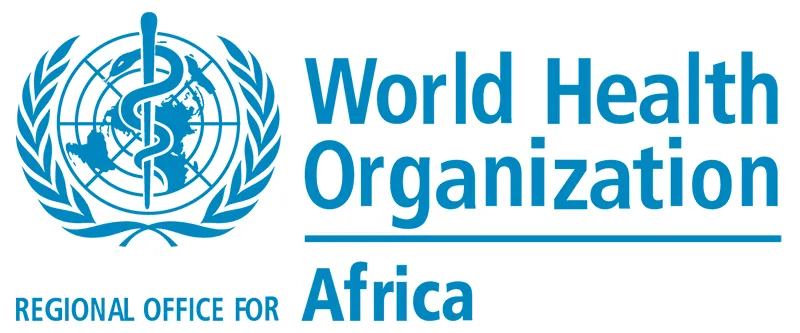
Families of Trafficked Chinese Victims Urge Action Against Scam Gangs in Myanmar
2025-01-22
Author: Li
Introduction
BEIJING/BANGKOK - A shocking saga of deception and abduction has unfolded, highlighting the dark underbelly of human trafficking linked to elaborate online scam operations in Southeast Asia. Twenty-two-year-old Wang Xing, a struggling actor, recently found himself ensnared in a web of criminality after accepting what he thought was a golden opportunity in Thailand—a film role that turned out to be non-existent.
Wang's Experience
Wang was lured to Bangkok under the delusion of joining a film crew, only to discover he had fallen victim to a sinister scam syndicate. He, like countless others, was kidnapped and forced into a grueling life of online scamming just across the border in Myanmar. His harrowing experience is indicative of a broader, troubling trend wherein desperate individuals seeking work become prey to human traffickers.
Jiajia's Campaign
Fortunately, Wang had a fierce ally in his girlfriend Jiajia, who initiated a powerful social media campaign that went viral, advocating for his release and raising awareness of the plight of others who have gone missing under similar circumstances. With the hashtag #StarHomecoming trending, she garnered millions of supporters—including prominent Chinese celebrities—who rallied for justice.
Rescue and Ongoing Crisis
Eventually, on January 7, Wang was rescued by Thai authorities, but his liberation only shone a light on the many families still despairing over their loved ones trapped in the dire conditions of scam centers in Myanmar. Activists report that approximately 1,800 individuals, predominantly men between the ages of 15 and 45, have been trafficked to these centers, where they endure harsh treatment while coerced into scamming unsuspecting victims worldwide.
Alarming Trends
The rise in human trafficking in this region has been alarming, with the UN estimating that since the onset of the COVID-19 pandemic, hundreds of thousands have been ensnared by such operations. These scams generate billions for organized crime, with many perpetrators believed to be of Chinese origin.
Government Response
China’s Ministry of Public Security has recently acknowledged the problem, stating that it is “making every effort” to combat these criminal operations and rescue those affected. There is newfound collaboration between China, Thailand, and Myanmar to apprehend leaders of these syndicates and dismantle their operations.
Challenges for Families
Despite these measures, many families are struggling to navigate a legal system that often overlooks male trafficking victims. In a grim observation, half the families reported being unable to file missing person reports, as Chinese law predominantly focuses on protecting women and children. As a result, numerous families are left in limbo, hoping that public attention will pressure the government into action.
Hope and Advocacy
Jiajia’s campaign has become a beacon of hope for these families, allowing them to share their stories and seek accountability from authorities. It has prompted Chinese officials to call for more decisive actions from their Southeast Asian counterparts against these criminal organizations.
Conclusion
As the issue grips the nation, the stories of these missing individuals, including Wang’s, serve as a stark reminder of the dangerous allure of seemingly easy opportunities abroad. The need for systemic change in how trafficking victims are supported and regarded is urgently clear.
Personal Reflections
Last week, as the #StarHomecoming campaign culminated in a wave of solidarity, Wang expressed gratitude for his rescue but couldn’t shake the fear of what might happen to those still trapped. “She told me to refuse the job halfway, but in the end, I couldn’t listen,” he shared, a haunting echo of the desperation that led him into such perilous waters.
Call for Reform
Families are not just hoping for closure but for a thorough examination and reform of existing laws and practices that have systematically failed these victims. With the world watching, the question remains: will enough be done to liberate those still ensnared in this grim reality?





 Brasil (PT)
Brasil (PT)
 Canada (EN)
Canada (EN)
 Chile (ES)
Chile (ES)
 Česko (CS)
Česko (CS)
 대한민국 (KO)
대한민국 (KO)
 España (ES)
España (ES)
 France (FR)
France (FR)
 Hong Kong (EN)
Hong Kong (EN)
 Italia (IT)
Italia (IT)
 日本 (JA)
日本 (JA)
 Magyarország (HU)
Magyarország (HU)
 Norge (NO)
Norge (NO)
 Polska (PL)
Polska (PL)
 Schweiz (DE)
Schweiz (DE)
 Singapore (EN)
Singapore (EN)
 Sverige (SV)
Sverige (SV)
 Suomi (FI)
Suomi (FI)
 Türkiye (TR)
Türkiye (TR)
 الإمارات العربية المتحدة (AR)
الإمارات العربية المتحدة (AR)